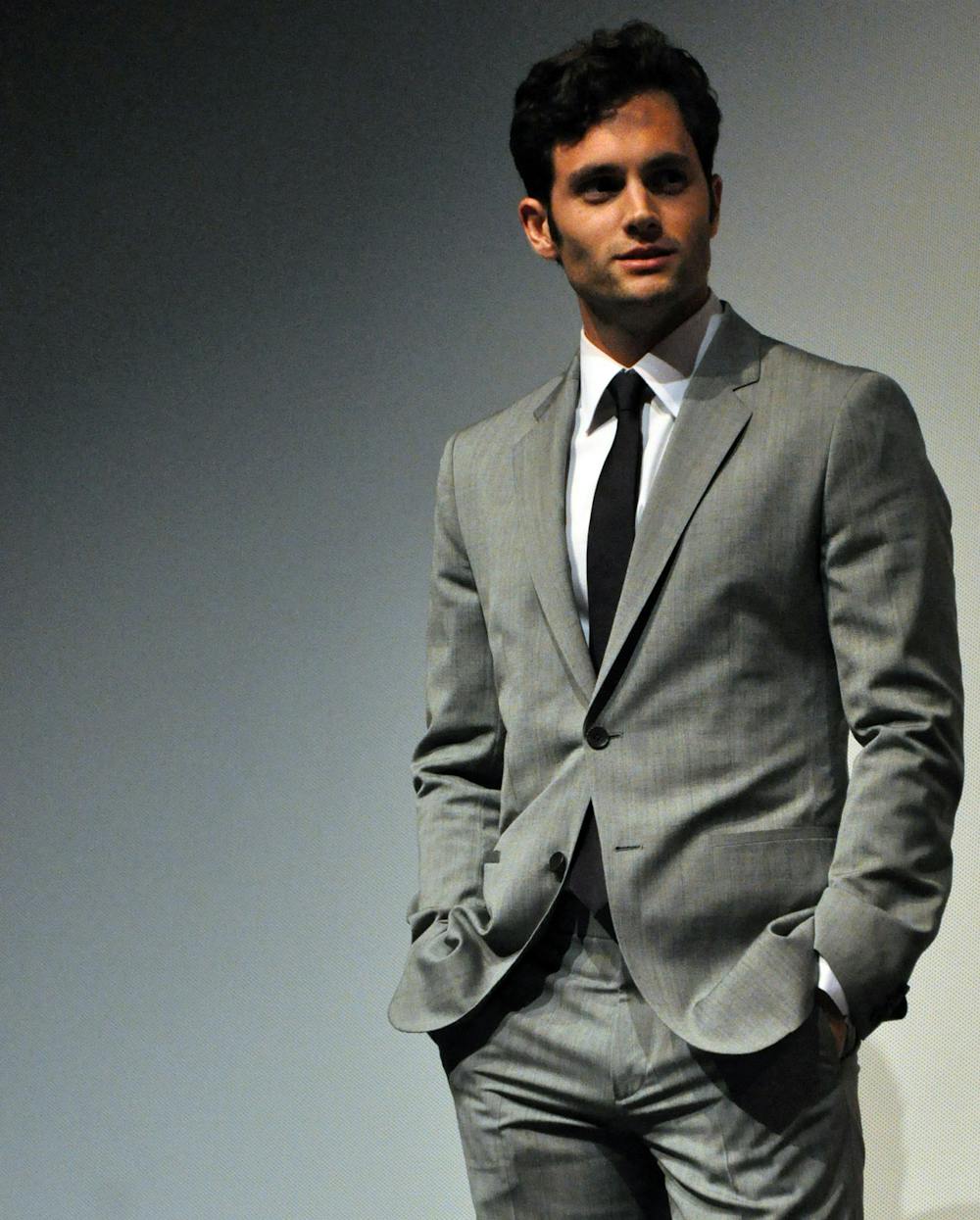Last month, “You” left us on a cliffhanger — or rather a couch surfer — as Season four part one closed with Joe Goldberg, played by Penn Badgley, bitterly watching his stalker and Eat the Rich Killer Rhys Montrose, played by Ed Speelers, announce his London mayoral candidacy on TV. Now with the release of part two, Joe is ready to take down the Eat the Rich Killer once and for all — however, in true “You” fashion, part two offers more twists, turns and social commentary than ever before.
Part one features a refreshing new format as Joe seeks and addresses his stalker, “you,” in his narration rather than another innocent woman, almost providing hope that Joe will work towards justice and good this season. However, part two focuses on Joe’s mental decline, brilliantly capturing the moment he spirals out of control.
One example of the show’s genius is demonstrated in its foreshadowing. When Joe’s new friend, Lady Phoebe Borehall-Blaxworth, played by Tilly Keeper, is in danger, Joe defines the villain’s mental state, inadvertently describing his own psychosis. “You” never runs out of creative ways to foretell its biggest twist of the season.
As always, “You” critiques the shallow and socially privileged through Joe’s new rich frenemies and even Joe himself. From the first time Joe meets his elitist London friends, he never stops criticizing them for their frivolity and selfishness. For the most part, they deserve it, like Adam Pratt, played by Lukas Gage, who pressures Phoebe into marrying him so that he can use her wealth to pay off his debts.
But self-righteous Joe is not as innocent and selfless as he believes himself to be. Joe is never convicted of his crimes, and now, his new love interest Kate Galvin, played by Charlotte Ritchie, helps clear his name so that he can live guilt-free without atoning for the numerous murders he committed. This season, Joe proves that he is not above the other immoral white men he loves to vilify.
Brilliantly as always, “You” fully embodies its criticism against the disguised and deceitful through season four’s structure. Part one’s heroic and rosy tone mimics the facade that its characters adopt, from the lighthearted elite to Joe’s new identity, seemingly innocent new literature professor Jonathan Moore. Part two takes a dark turn, reflecting the wicked interiors lying beneath the characters’ carefree masks.
“You” also continues to comment on Generation Z. Season 2 uses Ellie Alves, played by Jenna Ortega, to label Gen Z as naive yet tech-savvy, but season four revamps their Gen Z stereotype with Nadia Farran, played by Amy-Leigh Hickman, the brightest student in Joe’s new literature course as a London college professor.
Nadia represents the determined, clever members of the next generation. An intellectual, she learns to consider other perspectives when she begins dating her class nemesis — even Joe looks to Nadia for advice when trying to unmask his stalker.
When Nadia is faced with horrific injustice, she gets to work on crafting her heroic master plan. However, hope for the new generation dies with Nadia’s hope when Joe shuts down her journey to justice, framing her and her boyfriend for his own sins.
“You” suggests that Generation Z is filled with bright individuals, but in the wake of issues that determine the future of the human race, they will not be able to save everyone.
But hope is not all lost. After all, Nadia does manage to enact half of her plan, granting other characters their happily-ever-afters. Change may not be possible for some, including the show’s irredeemable protagonist, but Nadia shows that those who take great action can achieve happiness in small steps.
Phoebe is another symbol of hope, freeing herself from her aristocratic wealth by choosing a selfless and fulfilling life. She proves that being born wealthy is not synonymous with being snobby and selfish. At the same time, she divulges the secret to the meaning of life — true joy relies upon exhibiting compassion for everyone, especially for those unlike ourselves.
“You” never disappoints. Season four is another brilliantly crafted chapter of Joe’s twisted tale, letting a bit of hope shine through in a seemingly bleak and hopelessly evil world. In light of the countless pains yet numerous joys experienced today, “You” is an excellent portrayal of the world as we know it.







